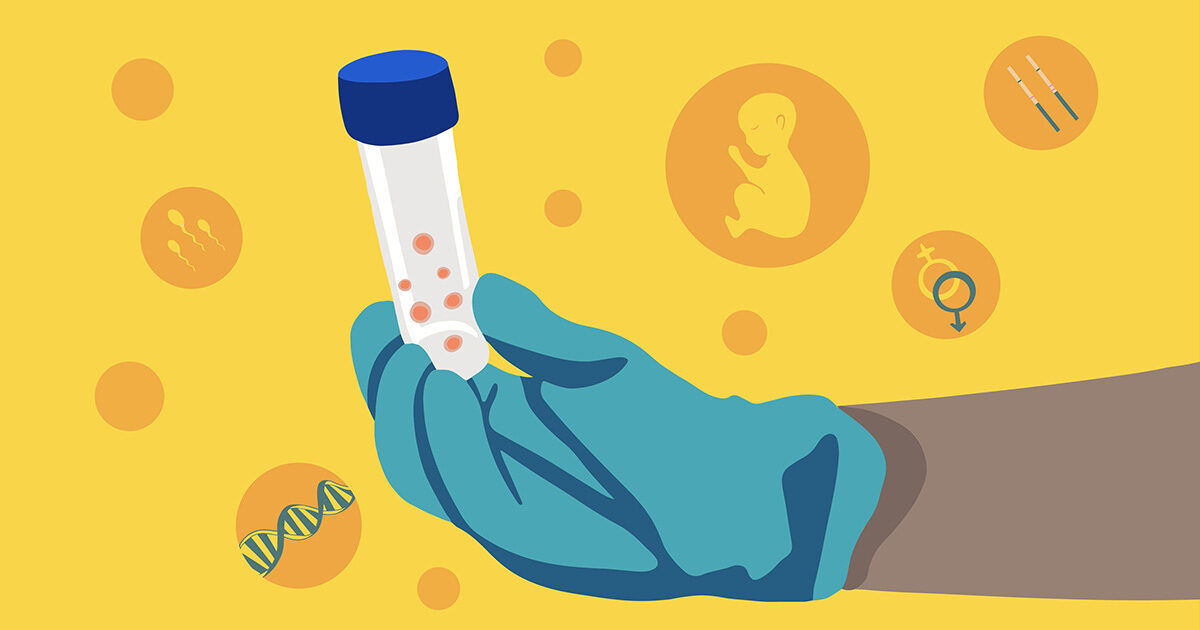Appointment
Please Select the type of appointment you would like to book
Egg Freezing Explained: Benefits, Process, Ideal Age & Fertility Insights Tue , Jun 24

About the Health Information
Our Health information will help you stay up to date on what is happening in health care. We bring you news/information/perspectives around health care innovations, preventive medicine, early diagnosis, nutrition and diet, women’s health, men’s health, children’s health, latest technologies, treatments and surgeries, diseases and conditions, fitness and more.
Popular Posts

Six daily shoulder exercises for arthritic pain

Shoulder Arthritis and its types

Stress and how to beat it
Categories
- Cancer
- Cardiac Care
- Children's Health
- Covid-19
- Diabetes
- ENT
- Health Emergencies
- Health Tips
- Hernia
- Hospitals
- Interventional Pulmonology
- Kidney Stone
- Medical Emergency
- Men's Health
- Neuro Care
- Oral Cancer
- Orthopaedics
- Spine Care
- Stroke
- Transplants
- Women's Health
- World Brain Day
- World Health Day
- World Hearing Day
- World Kidney Day
- World Sleep day
- World Vaccination Day
Egg Freezing (Oocyte Freezing): A Modern Step in Fertility Planning
-
Egg freezing, also known as oocyte cryopreservation, is a fertility preservation method that allows women to store their eggs for future pregnancy. This technique supports women who wish to delay childbearing due to career plans, personal situations, medical reasons, or the desire for reproductive independence.
With expert guidance from reproductive specialists, egg freezing can be tailored to your unique goals, giving you greater flexibility and confidence over your fertility timeline.
What Is Oocyte Freezing?
-
Oocyte freezing is the process of collecting and freezing unfertilized eggs so they can be used later during assisted reproductive treatments like IVF. When you’re ready to conceive in the future, the frozen eggs are thawed, fertilized with sperm, and transferred to the uterus.
-
This method preserves reproductive potential and offers more control over when and how you plan your pregnancy.
When Should You Consider Freezing Your Eggs?
-
Egg freezing may be recommended in situations such as the following:
- Career or Educational Goals
For women who want to focus on professional or academic milestones before starting a family.
- Medical Treatments
Chemotherapy, radiation, or surgeries that could affect fertility.
- Reproductive Health Conditions
Conditions like endometriosis, ovarian cysts, or declining ovarian reserve.
- Genetic Risk of Early Menopause
Family history of premature ovarian failure.
- Uncertain Life or Relationship Circumstances
Women not ready for motherhood can preserve eggs until the time feels right.
A fertility specialist can assess your ovarian reserve and help determine the right time for egg freezing.
- Career or Educational Goals
The Egg Freezing Process: Step-by-Step
-
The procedure generally takes 2–3 weeks and includes:
Step 1: Ovarian Stimulation
Hormone injections stimulate the ovaries to produce multiple mature eggs.
Step 2: Monitoring
Ultrasounds and blood tests track follicle development and hormone levels.
Step 3: Egg Retrieval
Mature eggs are collected through a minimally invasive procedure under light sedation.
Step 4: Vitrification (Freezing)
Eggs are rapidly frozen using vitrification to preserve their quality for many years.
Best Age to Freeze Eggs
-
Egg quality and quantity decline naturally with age. The most effective age ranges are
-
Late 20s to early 30s: Best egg quality
-
Before age 35: Higher chance of success during future IVF
Freezing 15–20 eggs before age 35 significantly improves the chances of achieving pregnancy later.
-
Success Rates and What to Expect
-
Egg freezing increases future pregnancy chances, but it is not a guarantee.
-
Age when freezing was done
-
Number of eggs retrieved
-
Egg quality
-
IVF laboratory expertise
-
Embryology techniques
Choosing a reliable fertility clinic with experienced specialists can greatly improve success rates.
-
Potential Risks and Considerations
-
Egg freezing is generally safe, but some factors to consider include:
-
Mild Side Effects: Bloating, discomfort, or mood changes
-
Ovarian Hyperstimulation Syndrome (OHSS): Rare but possible
-
Cost & Emotional Commitment: Requires financial and emotional readiness
-
Not a Guarantee: Increases chances but does not confirm pregnancy
A fertility expert can help you understand your personal risks and expectations.
-
What Happens After Your Eggs Are Frozen?
-
Frozen eggs can remain viable for 10 years or more with minimal decline in quality.
Later:-
Eggs can be thawed and fertilized using IVF
-
Natural conception is still possible; frozen eggs serve as a backup
-
Storage costs may vary
-
Eggs remain secure until you choose to use them
-
Take Control of Your Fertility Future
-
Egg freezing is an empowering option for women who want to preserve their fertility on their own terms, whether for career goals, medical circumstances, or personal choice.
To explore egg freezing and receive personalized fertility guidance, consult the reproductive specialists at MGM Healthcare.
Contact Us
Phone: 044-45242407
Website: mgmhealthcare.in
Frequently Asked Questions (FAQ)
What is egg freezing process?
The egg freezing process involves stimulating the ovaries, retrieving mature eggs, and freezing them using a method called vitrification so they can be used in the future for IVF.
Which age is best for egg freezing?
The best age for egg freezing is before 35, when egg quality and quantity are highest. Freezing eggs in the late 20s to early 30s offers the best success rates.
Is the egg retrieval process painful?
The procedure is done under sedation and is generally painless. Some women may experience mild cramping or bloating for a day or two afterward.
How long can frozen eggs be stored?
Frozen eggs can remain viable for 10 years or longer with minimal loss of quality when stored using modern vitrification technology.
Can I still try to conceive naturally after freezing eggs?
Yes. You can continue trying to conceive naturally. Egg freezing is a backup and does not interfere with your regular menstrual cycle.
Does egg freezing guarantee pregnancy later?
No. Egg freezing increases the chances of pregnancy but does not guarantee it. Success depends on age at freezing, egg quality, and overall reproductive health.

 In-person Consultation
In-person Consultation Online Video Consultation
Online Video Consultation Treatment Enquiries
Treatment Enquiries Find a Doctor
Find a Doctor Access the Patient Portal
Access the Patient Portal +91 44 4524 2407
+91 44 4524 2407  Minimal Access GI & Bariatric Surgery
Minimal Access GI & Bariatric Surgery Multi-Visceral and Abdominal Organ Transplant
Multi-Visceral and Abdominal Organ Transplant Neurology
Neurology Spine Surgery
Spine Surgery Total Knee replacement
Total Knee replacement Anaesthesiology & SICU
Anaesthesiology & SICU Paediatric Cardiology
Paediatric Cardiology Emergency Na MGM
Emergency Na MGM IVF
IVF Oncology Treatments
Oncology Treatments